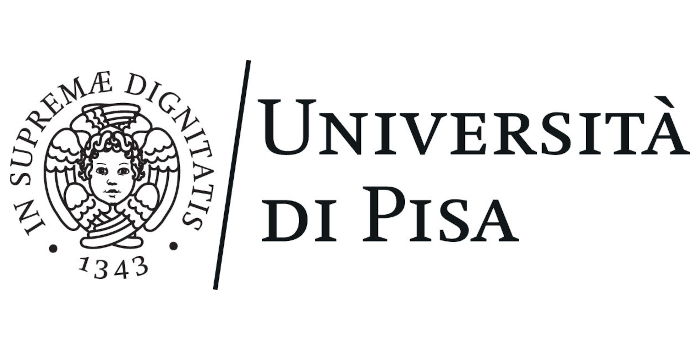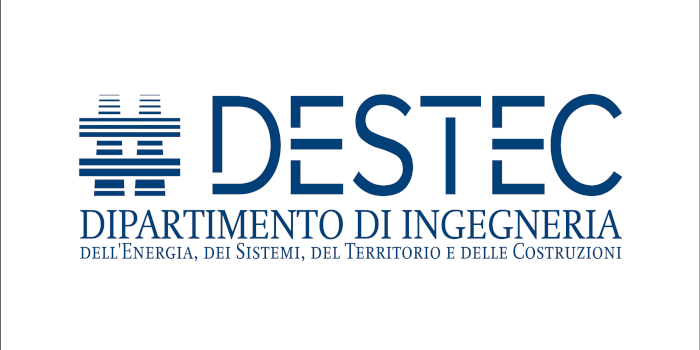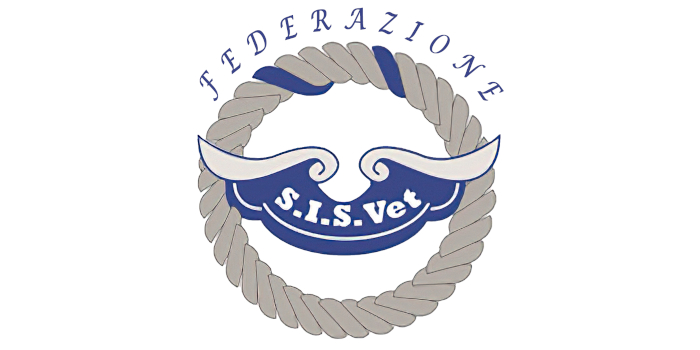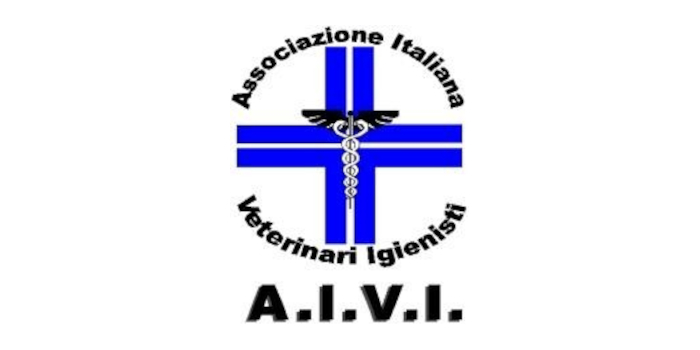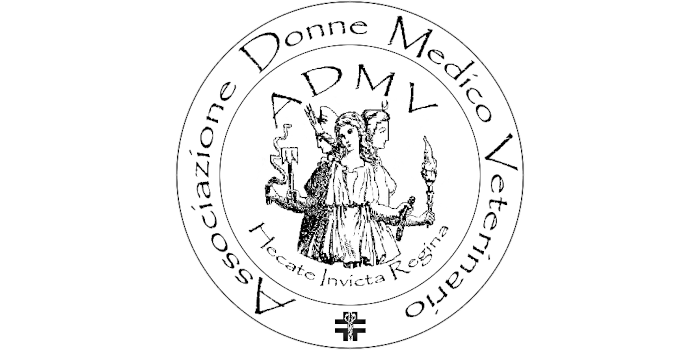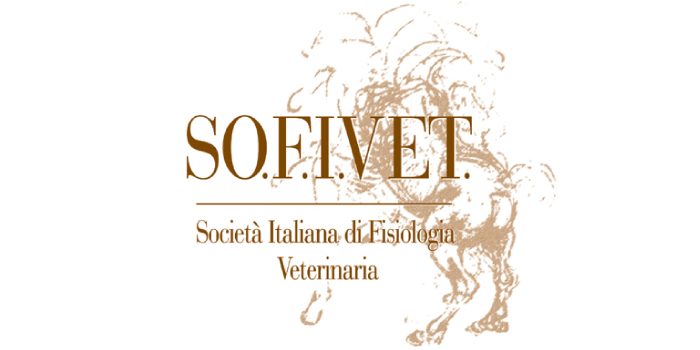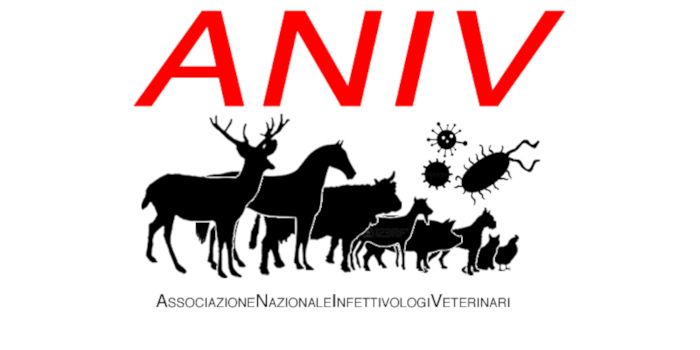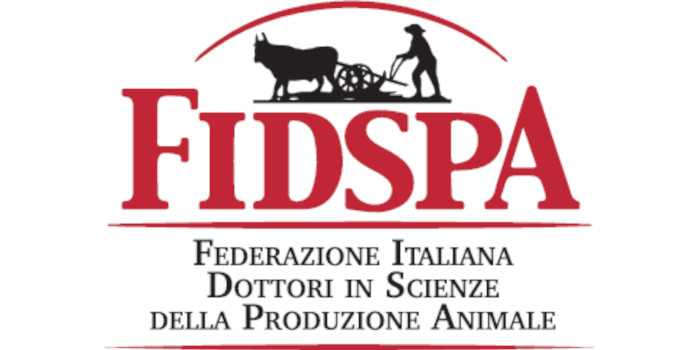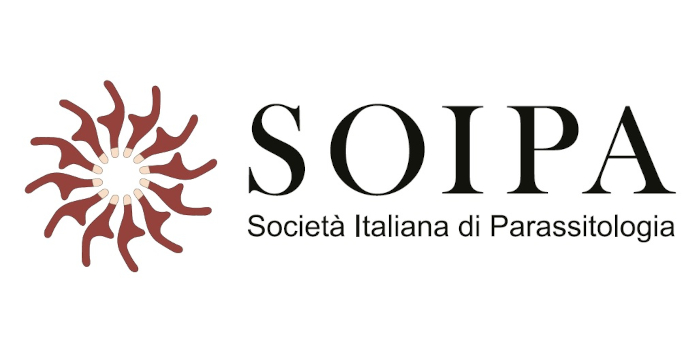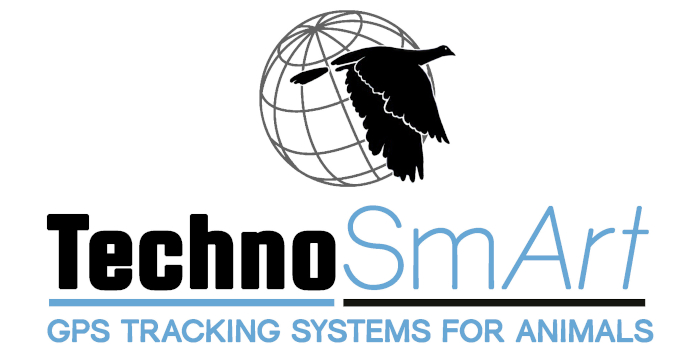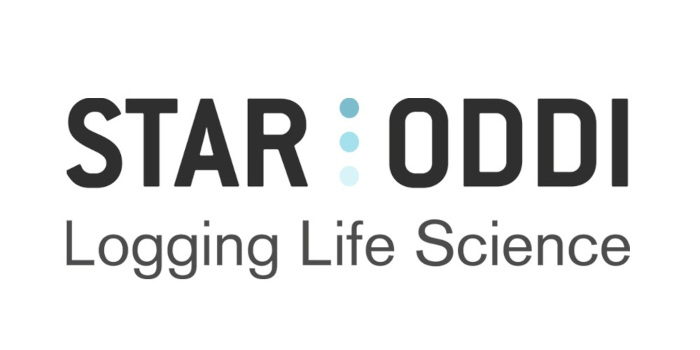SPECIAL SESSION #8
Application of Measurement Concepts in Veterinary Microbiology and Infectious Diseases
ORGANIZED BY
Valentina Stefanetti
University of Perugia
Elisa Rampacci
University of Perugia
ABSTRACT
In the field of veterinary microbiology and infectious diseases, accurate measurement methods are fundamental to understanding the dynamics of pathogens, diagnosing diseases, and developing effective control measures. Metrology provides the foundation for detecting and identifying pathogenic microorganisms, ranging from bacteria and viruses to fungi. Using molecular, serological, and phenotypic methods enables veterinarians to pinpoint the exact causative agents, even in asymptomatic or low-level infections. In addition to diagnosis, accurate measurement methods are essential in studying disease epidemiology. Researchers can identify risk factors and predict how diseases might spread across populations by measuring factors such as pathogen load, transmission rates, and environmental conditions. Furthermore, measurement techniques are pivotal in monitoring the effectiveness of treatments and vaccines. By quantifying the response of pathogens to antibiotics, antivirals, or vaccines, these methods help to ensure that veterinary interventions are both safe and effective. Metrology also aids in detecting emerging antimicrobial resistance (AMR). Identifying the mechanisms of resistance against several classes of antibiotics are fundamental components of antimicrobial stewardship programs.
As the field continues to evolve, ongoing advancements in these methods will further enhance our ability to safeguard animal health and control infectious diseases. This special session aims to explore the existing evidence and new frontiers in the application of innovative measurement concepts to underpin research on veterinary microbiology and infectious diseases.
ABOUT THE ORGANIZERS
Dr. Valentina Stefanetti graduated cum laude in Veterinary Medicine at the University of Perugia. She defended her PhD in Equine Sciences in 2015 with a thesis entitled “Infectious agents in reproduction of mares: multilateral investigation”. She spent a period during her PhD at MRC, Harwell, Oxford and the first-year postdoc at the Animal Health Trust, Newmarket, Cambridge. To date, she is employed as a Researcher at the Laboratory of Microbiology and Infectious Diseases of the Department of Veterinary Medicine, University of Perugia with a project on the characterization and role of Enterobacteriaceae in equine reproductive disorders. The main focus of her research is related to bacterial infections and antimicrobial susceptibility testing, especially exploring the potential antimicrobial activity of natural compounds.
Dr. Elisa Rampacci’s educational background is mainly in Veterinary Microbiology, Immunology and Infectious Diseases. Since 2019, she has held a postdoctoral position at the Department of Veterinary Medicine, University of Perugia. Elisa Rampacci graduated in Veterinary Medicine at the University of Perugia in 2009. In 2019, she finished her PhD in Health and Experimental Veterinary Sciences at the University of Perugia with a thesis on novel antimicrobial formulations for the treatment of equine pulmonary infections and antimicrobial resistance mechanisms. She was visiting PhD student at the Moredun Research Institute in Edinburgh and visiting postdoc at the Mycobacteria Research Laboratories, Colorado State University, to collaborate in immunology projects. Her work experience has particularly focused on the study of novel antimicrobial approaches.




